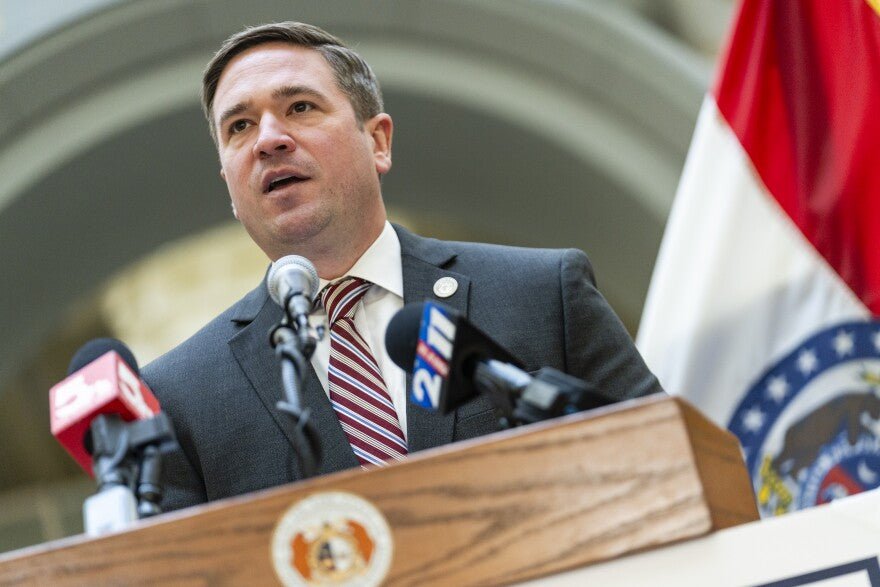Stakeholders worry if farmers aren't allowed to begin growing cannabis plants soon, the anticipated launch next Spring could be a disaster.

As the saying goes, 'Never place the cart before the horse.' This adage underscores the importance of thorough preparation for the success of any endeavor, regardless of its scale. Just as a home's stability relies on its foundation, the success of Minnesota's eagerly anticipated adult-use cannabis market launch hinges on ensuring a sufficient supply of marijuana plants to cater to the substantial demand expected from cannabis enthusiasts in the state.
However, according to multiple local and national media outlets, advocates, stakeholders, and lawmakers are growing concerned that despite all the preparations being debated, altered, and implemented to ensure a successful launch by Spring 2025, there may not be enough cannabis products available to meet that consumer demand.
Establishing a cultivation facility, including planting seeds, growing the plants, harvesting, testing, and eventually shipping items to store shelves, can take upwards of a year, says Jason Tarasek, an attorney specializing in cannabis at Vicente LLP.
Prospective businesses would need to acquire a state license in the next few weeks to begin that effort successfully. However, the MN Office of Cannabis Management (OCM) is only now creating market implementation rules, which could take several more months.
Business owners and industry watchers fear that waiting for that process to complete could add further costly delays to the overall sector launch.
"I've had concerns that we're going to be a bit behind. So, if we wait until rulemaking is finished to get plants in the ground, that's probably going to be (the) first (or) second quarter of 2025. Then we're looking at a market launch in 2026, potentially," Tarasek said.
"I've had concerns that we're going to be a bit behind. So, if we wait until rulemaking is finished to get plants in the ground, that's probably going to be (the) first (or) second quarter of 2025. Then we're looking at a market launch in 2026, potentially."
- Jason Tarasek, Attorney Specializing in Cannabis at Vicente LLP
Last Thursday, MN Rep. Nolan West, R-Blaine, attempted to amend a bill allowing the OCM to establish temporary cultivation guidelines based on existing medical marijuana rules. In its current form, the proposed legislation would create a license pre-approval process, allowing some businesses a head start before the ultimate rules and regulations governing the industry are final. However, the measure does not permit growers to begin cultivating plants earlier.
"What I see is we're going to run into an awful launch as it stands now," West said during floor debate.
"What I see is we're going to run into an awful launch as it stands now."
- MN Rep. Nolan West, R-Blaine
In the end, West's proposed amendment was rejected by lawmakers from the Democratic-Farm-Labor (DFL) Party as well as the bill's author, Rep. Zack Stephenson, who also co-authored the adult-use cannabis legalization measure that ultimately became law when Governor Tim Walz (DFL) signed the bill last May.
Despite denying West's amendment, Stephenson and his fellow DFL colleagues agreed there is a renewed sense of urgency to ensure the rulemaking process goes smoothly and quickly. He also stressed that adding even more temporary regulations at this stage would only further slow down the already laborious and detailed process.
"I think having multiple sets of rules — the current medical rules, these temporary rules, the official rules — will sow confusion and distract the office away from getting the actual rules out the door as quickly as possible," he told lawmakers.
"I think having multiple sets of rules — the current medical rules, these temporary rules, the official rules — will sow confusion and distract the office away from getting the actual rules out the door as quickly as possible."
- MN Rep. Zack Stephenson (DFL)
However, last Thursday's House vote does not end the debate concerning this year's adult-use cannabis market rollout at the capitol. The MN Senate is discussing its own bill, adding updates to last year's legalization statute. Politicians from both chambers will likely have to convene a joint panel to arrive at a compromise measure before the end of the legislative session.
Meanwhile, Tarasek and other cannabis advocates are meeting with officials from the OCM to encourage them to reconsider and push for early cultivation by either mirroring the medical marijuana rules or creating a pilot program enabling specific businesses the opportunity to begin planting soon.
"I'm encouraged by what I'm hearing out of OCM and the DFL now. Perhaps we are going to get plants in the ground sooner than maybe we thought even yesterday," Tarasek said.
"I'm encouraged by what I'm hearing out of OCM and the DFL now. Perhaps we are going to get plants in the ground sooner than maybe we thought even yesterday."
- Jason Tarasek, Attorney Specializing in Cannabis at Vicente LLP
Regardless of the lobbying effort and legislative outcome, state officials must confront the potential reality of pushing the launch date out even further if some farmers aren't allowed to begin planting in the next few weeks.
The alternative would be to consider importing plants from other states with well-established markets, like Michigan or Illinois. However, that would mean more money leaving the state, which is one of the main reasons for creating a legal market in Minnesota in the first place.








































